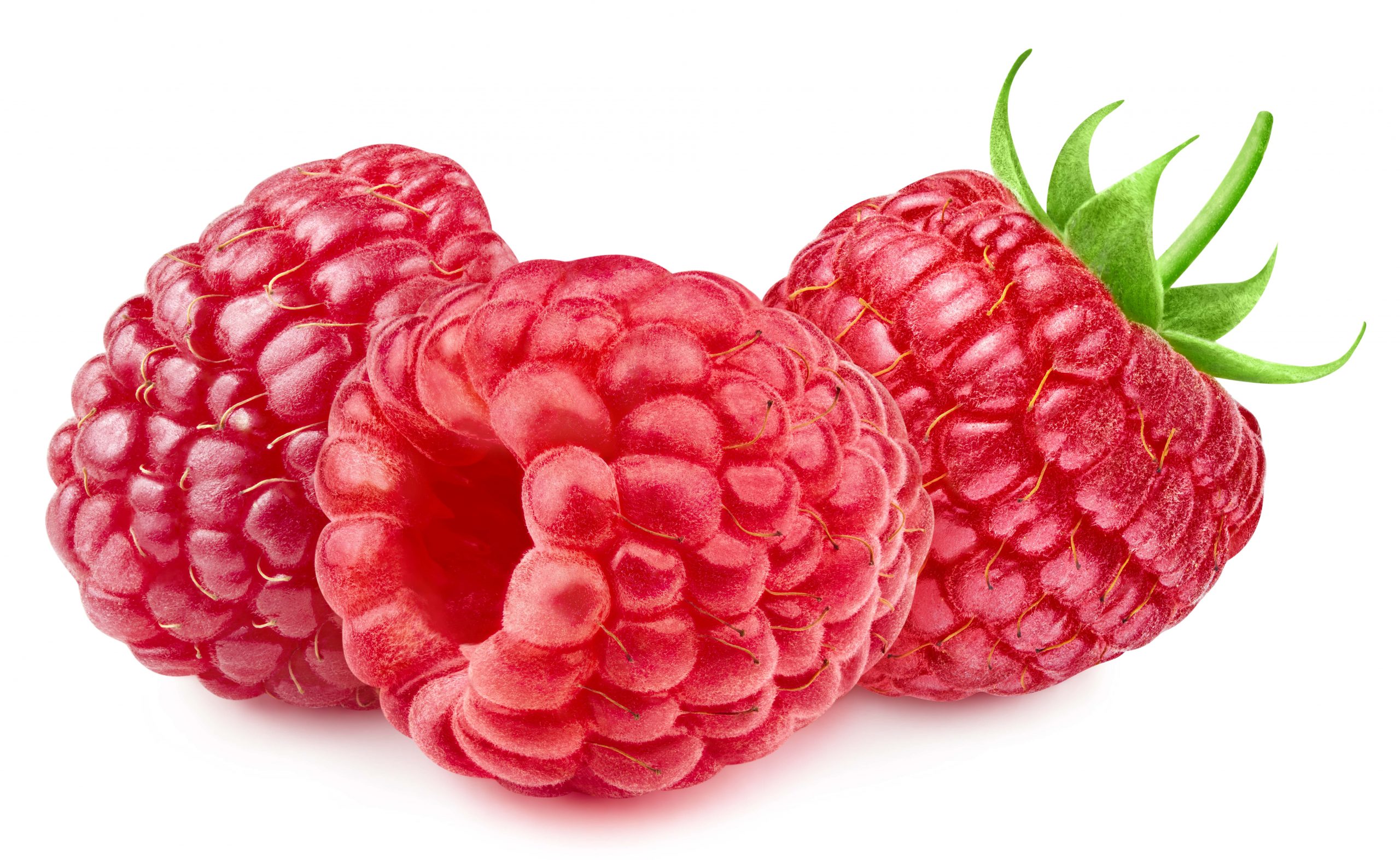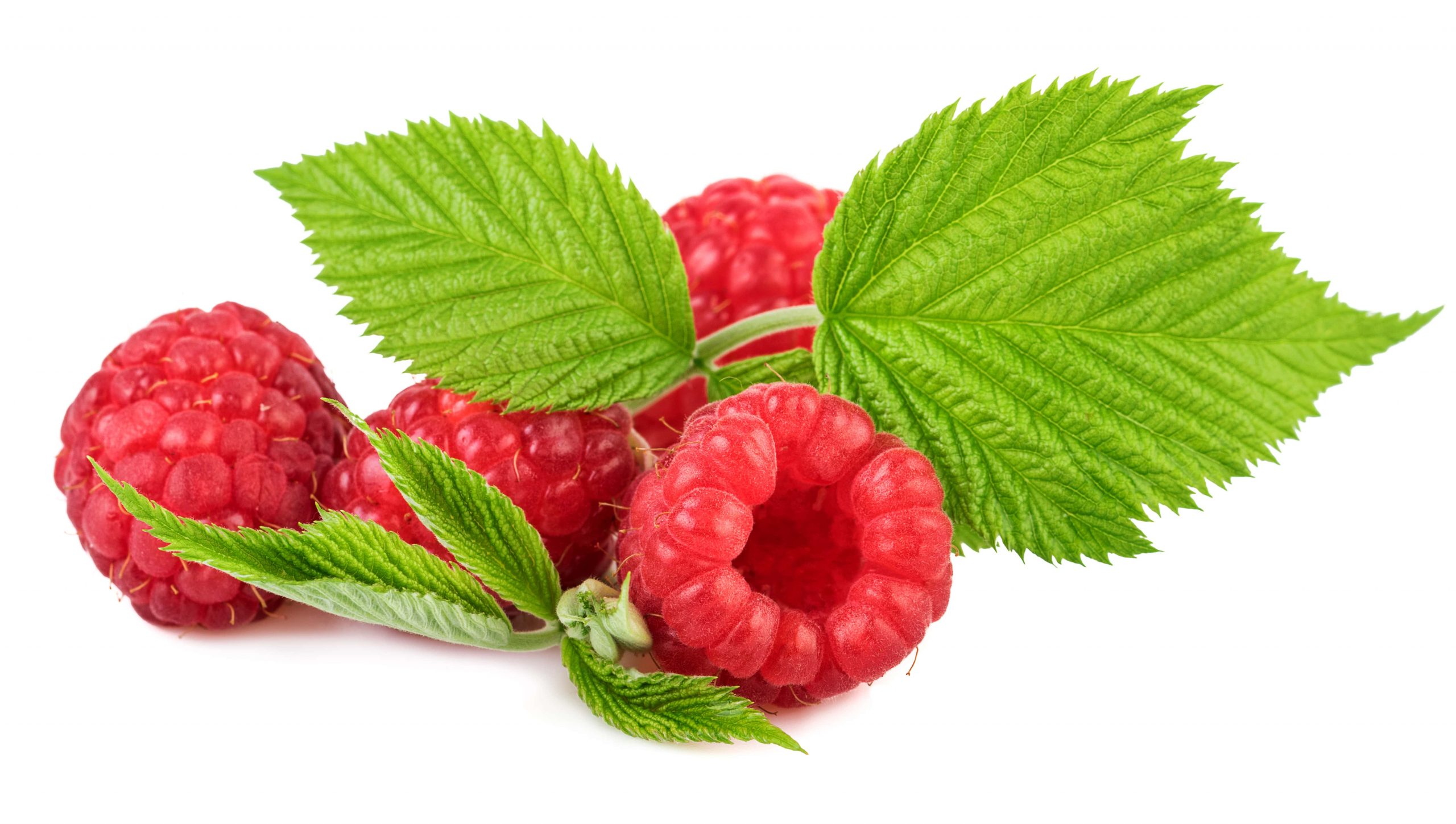Red raspberries, scientifically referred to as Rubus idaeus, are native to northern Asia and Europe but are cultivated in temperate regions worldwide. Raspberries come in multiple colors, including purple, black and golden, but the most common is red raspberry. Most US raspberries are cultivated in Oregon, California, and Washington. They are edible fruits of plant species in the rose family. These fruits are rich in nutrients but low in calories.
Raspberries are quite nutritious and have significant health benefits to the body. That explains why they are a favorite for many people. Have you considered their nutrition facts? Many fruits around cannot be compared with raspberries in terms of their nutrition content. They are a reliable source of fiber, vitamin C, beta carotene, selenium, lycopene, antioxidants, and zeaxanthin.
Worry no more about what to do with raspberries. Today’s society is stuck in nutrition deficiency, and people with serious illnesses require highly nutritious foods to boost their health. All people need fruits for their fiber and vitamins to maintain good health. For this reason, this blog will venture into the nutritional facts and the health benefits of red raspberries.
Nutritional Facts
Red raspberries are among the healthiest choices of fruit and have a delicious taste. They have reduced sugar, high fiber and contain many varieties of interesting compounds. The nutrition facts for these berries per 100g include 52kcal calories, 11.9g carbohydrate, 0.7g fat, 6.5g fiber, 4.4g sugars, 249mg Omega-6, 126mg Omega-3, 0.4g monounsaturated fat. Additionally, other nutrients in one cup (123grams) of red raspberries are 14.7grams carbs, 1.5grams protein, 41% of the Reference Daily Intake (RDI) manganese, 54% of the RDI, 7% of the RDI magnesium, 5% of the RDI iron, 5% of the RDI potassium, and 12% of the RDI Vitamin K.
These fruits are a major source of fiber, containing 8grams per 1-cup(123-gram) serving, or 32% and 21% of the RDI for women and men, respectively. They supply more than half of the RDI for vitamin C, a water-soluble nutrient important for immune function and iron uptake. Moreover, there are other minute amounts of riboflavin, vitamin A, vitamin B6, thiamine, zinc, and calcium.
Health Benefits
Anti-Cancer Effects
The National Cancer Institute (NCI) revealed that antioxidants from dietary sources could help prevent the developmentof the esophageal, lung, gastric, and other types of cancers. The research was carried out with colon, breast, and stomach cancer cells with meeker red raspberries. The extract destroyed above 90% of the cells. The researchers approximated that antioxidants were responsible for about half of the killed breast cancer cells.
Also, the anti-inflammatory compounds are linked with cancer prevention by lowering the multiplication of cancer cells. Studies show that the phytonutrients in raspberries like ellagitannins help destroy cancer cells by signaling apoptosis or programmed cell death. The antioxidants in raspberries can offer protection to cells from being damaged by free radicals. The damage they cause plays a great role in interfering with the aging process of cancer and other diseases. These radicals damage the cells as they try to gain stability. The antioxidants stabilize free radicals, making them harmless.
Diabetes Management
Research shows that one cup of red raspberries supplies 8grams of fiber beyond what most fruits provide. Fiber is a compound that helps to reduce cholesterol, blood sugar, and blood pressure. Foods having high content fiber tend to be more satisfying and keep you feeling full after a meal; therefore, they assist in weight control.
Raspberries have much less sugar than most fruits-about 5grams in one cup. Ideally, raspberries increase the sweet taste of meals, which can decrease your craving for sweetening food with artificial preservatives assisting you lower weight and improving your blood sugar. The phytonutrients found in raspberries’ functions, along with certain inactive hormones in your body, promote blood sugar balance. They help in combating type 2 diabetes. Because raspberries are low in total carbohydrate, low sugar, and high fiber, they are the choicest food for diabetic people.
Scientifically, one cup (123grams) of raspberries contains 8 grams of fiber and 14.7 grams of carbs, indicating that they have only 6.7grams of total digestible carbs per serving. Furthermore, red raspberries are rich in tannins, which inhibits alpha-amylase, a digestive enzyme essential for breaking down starch.
Weight Loss
Raspberries are packed with dietary fiber, and this delays the digestion process, making you feel fuller for a longer period. Manganese compound contained in raspberries elevates your metabolic rate and therefore assists in burning fat, thereby reducing weight. Research shows that one cup (123grams) of raspberries contains only 8grams of fiber and only 64 calories. What is more, it comprises more than 85% water. As a result, raspberries contain low-calorie food. The chemical compound naturally found in raspberries may result in weight loss. Again, raspberry ketones help in reducing weight. Additionally, raspberry ketone supplements relieve eating whole, weight loss, and fresh raspberries can lower weight.
Heart Health
Researchers found that one group of flavonoids, in particular-anthocyanin can subdue inflammation that may cause cardiovascular disease. This anthocyanin is contained in raspberries. Various antioxidants may lower a person’s risk of cardiovascular disease by inhibiting platelet accumulation and reducing blood pressure using anti-inflammatory mechanisms.
The American Heart Association (AHA) encourages people to enhance their potassium consumption and lower the amount of sodium in their diets. These dietary changes may help combat high blood pressure, a risk factor for cardiovascular disease. Studies suggest that one cup of raspberries consists of 186 milligrams of potassium. Raspberries contain high fiber, and it helps to prevent or control: cholesterol levels, stroke, obesity, and blood pressure associated with heart health.
Rich in Antioxidants
Antioxidants are plant compounds that assist body cells in fighting and recovering from oxidation stress. Higher risks of diabetes, cancer, heart disease, and other illnesses are associated with oxidative stress. A study shows that the extracts of raspberries have antioxidative and inflammatory effects that may lower the vulnerability of chronic diseases like diabetes, obesity, cancer, and heart disease. Ellagic acid, one of the compounds in red raspberry antioxidants, barricades damages and repairs damaged DNA.
Conclusion
Red raspberries are the best fruits due to their high nutritional content. From the discussion, it is evident that antioxidants boost the health of the body against diseases. Many people with chronic diseases should consider red raspberry as a choice fruit. This fruit is perishable, and therefore you should store it in a fridge to prevent them from going bad easily. Red raspberries are popular and are readily available. Ensure that you do not consume it excessively because some have negative effects on people.
- Our Big Kitchen’ (OBK) is a non-profit organization located in Sydney, Australia - April 10, 2023
- Duos CBD, a hemp product E-commerce website - April 10, 2023
- SOFA SPOONING SEX POSITION - April 7, 2023







